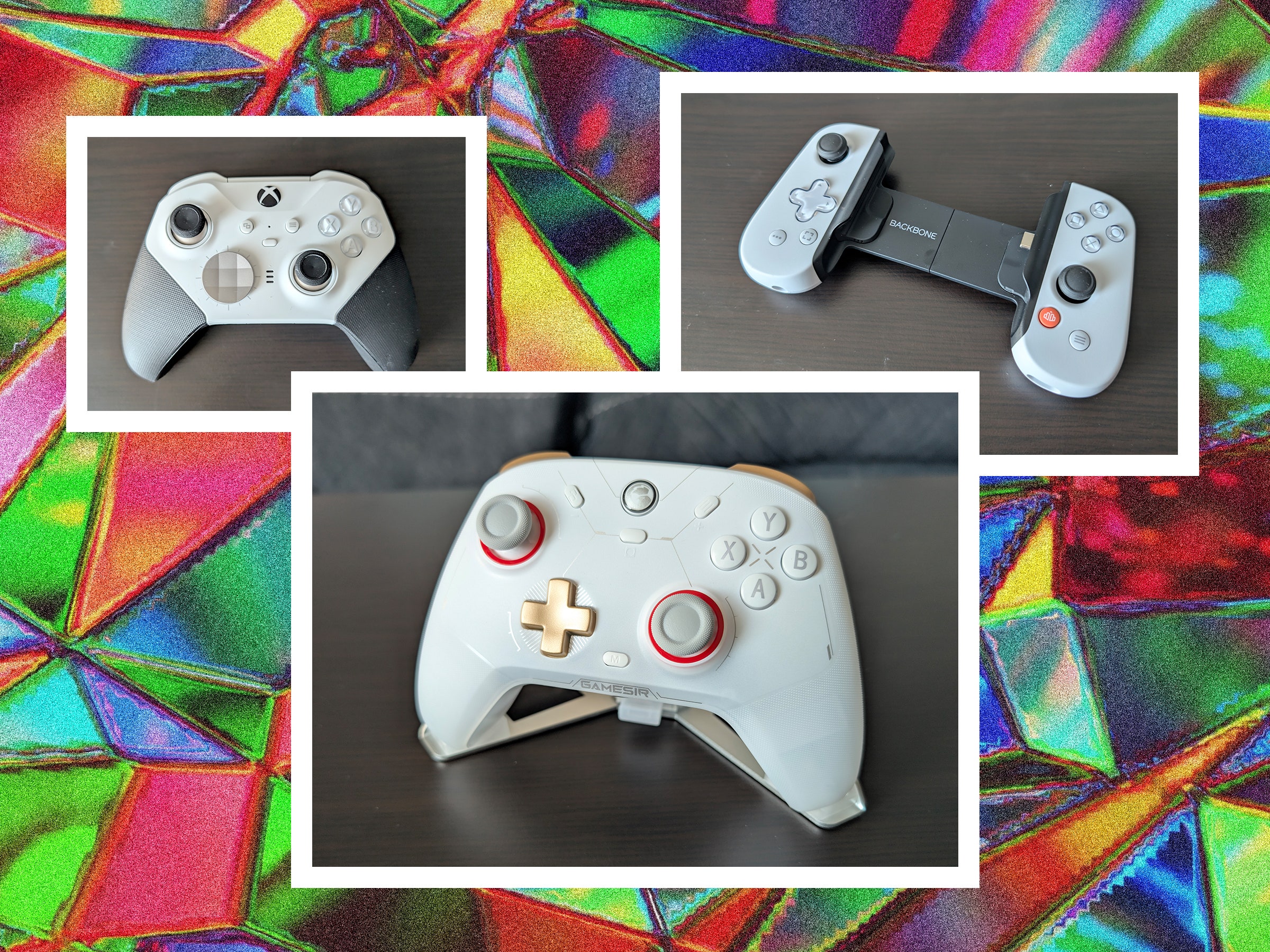Google Selling Chrome Won’t Be Enough to End Its Search Monopoly
Google Selling Chrome Won’t Be Enough to End Its Search Monopoly
Google may have made headlines by announcing that it will start selling the Chrome browser, but this move alone…

Google Selling Chrome Won’t Be Enough to End Its Search Monopoly
Google may have made headlines by announcing that it will start selling the Chrome browser, but this move alone won’t be enough to put an end to its search monopoly. Google dominates the search engine market with a whopping 92% share, leaving little room for competitors to make a dent.
While Chrome is the most popular browser in the world, controlling over 65% of the market, selling it as a standalone product won’t necessarily translate to increased search engine market share for Google. Users are likely to continue using Google Search regardless of the browser they use.
Google’s search dominance is built on its powerful algorithms and vast amount of user data. This gives Google a significant advantage over its competitors, making it difficult for new entrants to challenge its position.
While Chrome is a valuable asset for Google, it is just one piece of the puzzle. To truly end its search monopoly, Google would need to make significant changes to its search engine algorithms and data collection practices.
Some argue that Google’s dominance in search is not necessarily a bad thing, as it provides users with relevant and accurate search results. However, others believe that competition is essential for innovation and fair market practices.
Despite its search monopoly, Google faces growing scrutiny from regulators around the world. Antitrust investigations and lawsuits have raised concerns about Google’s market power and its impact on competition.
In conclusion, selling Chrome may help Google generate additional revenue, but it won’t be enough to end its search monopoly. To truly level the playing field, Google would need to make significant changes to its search practices and embrace competition.






